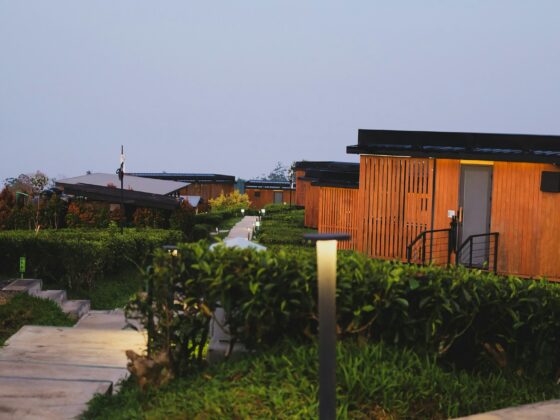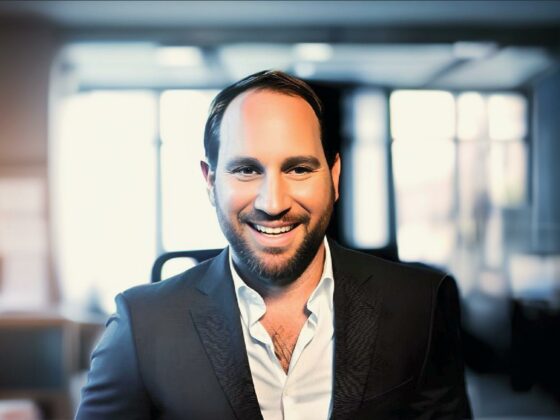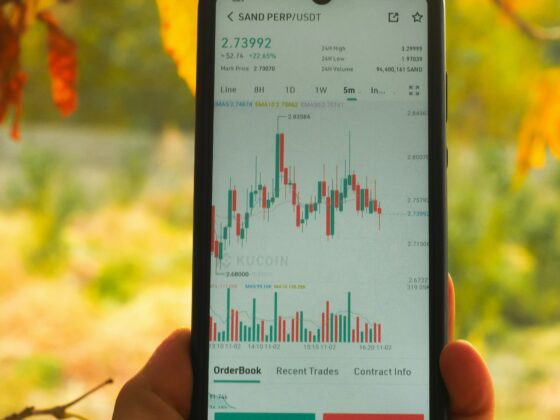
What used to be called revenue management is now something more. At HITEC 2025, conversations weren’t just about pricing rooms—they were about optimizing hotel profitability across departments, leveraging AI to surface smarter decisions, and stitching together siloed tech stacks to get it done. As David Woolenberg, former CEO of Duetto, put it, “No hotelier ever told me they wanted to make less money.” That mission, however, now demands a more expansive and intelligent system.
From RMS to Revenue and Profit Platforms
The classic revenue management system (RMS) is evolving. Where once it was enough to adjust rates based on forecasted demand, modern revenue leaders are being asked to drive performance across all revenue streams—and increasingly, to account for costs and margin, not just top-line growth.
“There’s a reason we’re moving away from just saying RMS,” Woolenberg said. “We’re talking about a revenue and profit operating system now, because that’s the expectation from owners and asset managers. Room revenue alone doesn’t tell the full story.”
That shift is pushing vendors and hotel teams alike to connect systems that were never designed to work together—from property management systems and central reservations to meetings and events tools, cost data sources, and benchmarking feeds. “Fragmentation is still one of the industry’s biggest pain points,” Woolenberg noted. “It’s a lot to ask hoteliers to manage all these systems and then also find the insight.”
The AI Imperative: Smarter Alerts, Not Just Prettier Dashboards
AI was everywhere at HITEC, but Woolenberg warned against shallow implementations. “We’re not just slapping a chatbot on top of a system. That’s being overdone. We’re more focused on intelligent prioritization—surfacing the right alert at the right time, so revenue managers can act on $10,000 decisions, not $100 ones.”
In that sense, AI is most valuable when it’s invisible: embedded in the platform, analyzing data from multiple sources, and providing concrete, contextual recommendations. That’s especially critical as revenue leaders face more complexity—not only from new channels and data points, but also from tighter labor and time constraints.
According to Woolenberg, the most impactful AI uses today are those that cut through data noise and help teams focus. “Everyone has dashboards. Everyone has reports. But do they tell you what to do next? That’s the differentiator.”
Clean Data Is Still a Competitive Edge
No matter how powerful the algorithm, AI can’t make good decisions from bad data.
“Some platforms just take what they’re given and assume it’s clean,” Woolenberg said. “That doesn’t work. The data has to be normalized and made actionable.”
Data cleanup and integration remain foundational for any hotel tech solution aiming to generate reliable insights. That’s especially true for operators with multiple property types, legacy systems, or a mix of full- and select-service brands under one umbrella.
For revenue and profit platforms to live up to their promise, hotels need unified, trustworthy data—something more vendors are prioritizing as they recognize that automation without accuracy is a dead end.
The Future Is Margin-Aware, Not Just Revenue-Obsessed
Beyond AI and integration, a broader philosophical shift is underway: profitability is taking center stage. Revenue growth on its own is no longer enough; operators need tools that help them manage costs and margins in tandem with rates and demand.
“You can’t close the gap between rising costs and stagnant profitability just by playing with price,” Olly Lynch, SVP, Global Marketing, noted. “That’s why we’re building toward profit intelligence—not just revenue optimization.”
This evolution reflects growing pressure on hotel owners and operators to demonstrate ROI across the entire business, especially in a climate where staffing remains tight and expenses are unpredictable.









